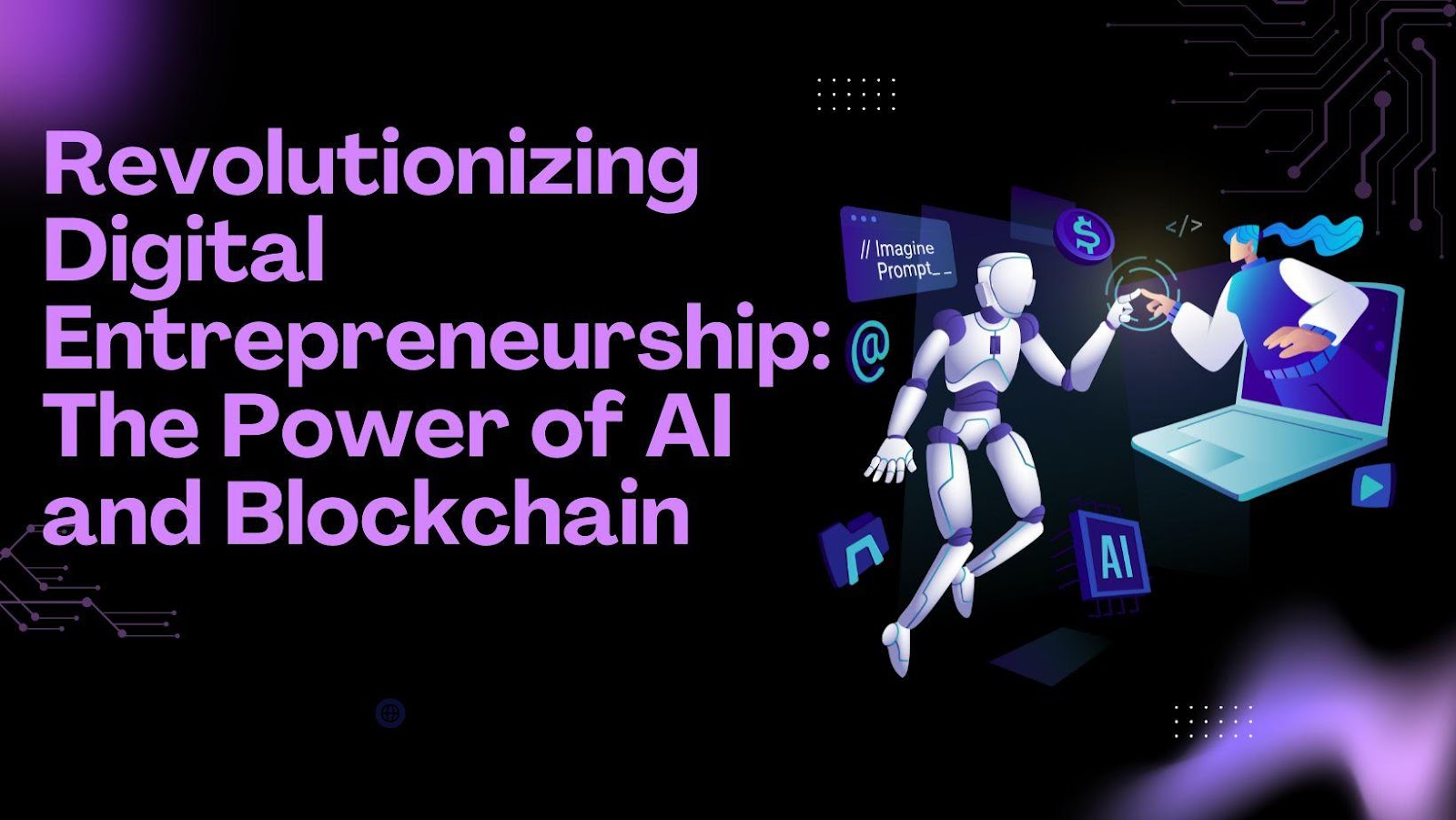By integrating AI-driven platforms and blockchain solutions, digital entrepreneurship has undergone a transformative shift, empowering micro-entrepreneurs to access global markets with ease. In this article, we explore the innovations redefining digital commerce and fostering inclusive economic growth. Srinivas Vallabhaneni, a distinguished researcher, provides deep insights into the technological frameworks driving this revolution.
Breaking Barriers to Digital Commerce
Traditional business models often required significant investment, but modern digital platforms have dismantled these barriers. By leveraging AI-powered automation and decentralized networks, entrepreneurs can now monetize their skills and scale their businesses with minimal initial capital. These platforms provide advanced analytics, automated marketing tools, and seamless payment processing, making global commerce more accessible than ever.
The Role of AI in Democratizing Market Access
AI-powered analytics have revolutionized digital marketing, enabling micro-entrepreneurs to access sophisticated tools once reserved for large corporations. Automated content generation and predictive analytics optimize marketing strategies, allowing businesses to target their audience effectively. Natural Language Processing (NLP) further enhances accessibility by translating complex data insights into actionable recommendations.
Building Scalable and Secure Digital Platforms
The foundation of modern digital commerce lies in robust software architectures. Microservices and event-driven architectures enable real-time tracking and independent scaling of system components. Payment integrations leverage secure gateways, ensuring seamless transactions across borders. By implementing CQRS (Command Query Responsibility Segregation) and observer patterns, these platforms provide real-time updates on affiliate activities, enhancing transparency and efficiency.
Financial Inclusion Through Digital Payments
Digital entrepreneurship has revolutionized financial inclusion by integrating once-marginalized entrepreneurs into the formal economy. The emergence of accessible payment systems serves as a crucial bridge, enabling micro-entrepreneurs to conduct business transactions regardless of traditional banking limitations. In remote rural areas and developing regions, mobile banking and digital wallet technologies have proven transformative, allowing entrepreneurs to receive payments, manage finances, and build credit histories without physical bank branches. This digital financial ecosystem creates opportunities for growth, expands market reach, and provides legitimacy to businesses that previously operated exclusively in cash economies, ultimately fostering economic development in previously underserved communities
AI-Driven Localization and Cultural Adaptation
Global expansion requires businesses to cater to diverse audiences. AI-driven translation and content adaptation tools help entrepreneurs tailor their messaging to different cultural contexts. Automated A/B testing optimizes content for regional preferences, ensuring better audience engagement without requiring extensive market research.
These technological advancements have democratized international market entry, allowing even small businesses to establish global presences with culturally resonant messaging. Modern AI tools not only translate language but interpret cultural nuances, idioms, and consumer behaviors unique to each region. This cultural intelligence enables entrepreneurs to avoid potential missteps while creating authentic connections with international audiences. The ability to rapidly test and refine messaging across markets accelerates the learning curve for businesses expanding globally, reducing costs and time to market while increasing the likelihood of successful market penetration.
Sustainable Growth in Digital Marketing
Sustainability is becoming a core focus of digital commerce. Platforms are implementing eco-friendly practices, such as optimizing server utilization and minimizing digital waste. AI-powered tools are also being used to measure and reduce the environmental impact of marketing campaigns, aligning business growth with environmental responsibility.
Governance and Data Privacy Challenges
As digital commerce expands, ensuring data privacy and regulatory compliance has become critical. Privacy-first frameworks emphasize user consent and data minimization, shifting the focus from maximum data collection to responsible data usage. Fraud prevention measures, including AI-powered monitoring and multi-layered verification systems, strengthen security in cross-border transactions.
Blockchain: The Future of Digital Transactions
Blockchain technology is revolutionizing attribution tracking and commission payments. Smart contracts eliminate payment delays and disputes, fostering trust between affiliates and merchants. Decentralized ledgers provide transparent tracking of customer journeys, reducing the reliance on intermediaries while ensuring data integrity.
A Future Empowered by Innovation
In conclusion,the evolution of digital platforms is shaping a future where entrepreneurship is more accessible, secure, and sustainable. By integrating AI, blockchain, and financial inclusion strategies, these platforms empower individuals worldwide to participate in global markets. As Srinivas Vallabhaneni highlights, the key to success lies in balancing technological innovation with social responsibility, ensuring a future where digital entrepreneurship benefits all.



































